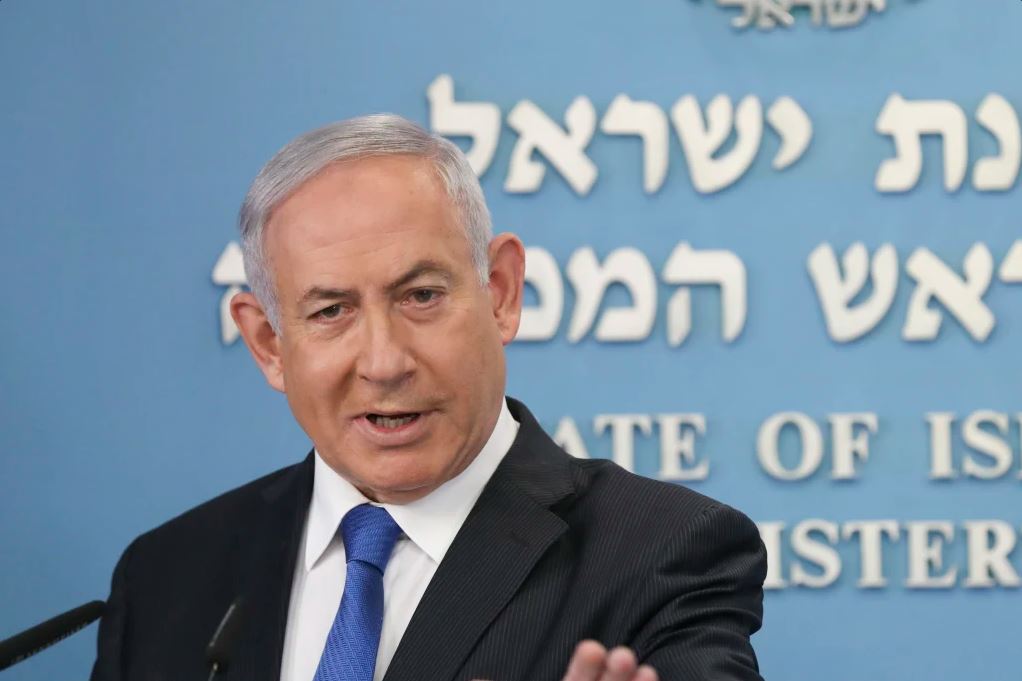On September 15, Israeli Prime Minister Benjamin Netanyahu and United Arab Emirates Foreign Minister Abdullah bin Zayed will meet at the White House for the first Middle East peace treaty signing ceremony in 26 years. Meanwhile, Bahrain at the weekend agreed to a full normalisation arrangement with Israel.
The UAE and Bahrain will become the third and fourth Arab countries to break ranks from the crumbling pan-Arab boycott against the Jewish state and open diplomatic relations, after Egypt (1979) and Jordan (1994).
However, these new, historic deals, unlike those before them, have not grown out of the cold, transactional “land for peace” framework that followed the 1967 Six-Day War, but a new model of “peace for peace” and shared mutual interests. They are the organic product of both economic opportunity and common security concerns, particularly regarding the threat to all three countries from Iran – through conventional warfare, proxy militias and terror groups, and nuclear weapon ambitions.
But the agreements represent more than this.
Since 1967, generations of peace negotiators have built their careers around the principle that Arab acceptance of Israel could come only after the Palestinians made peace with Israel.
The shifts by the UAE and Bahrain reject this outdated approach, while simultaneously making a case for normalisation as a better way to facilitate Israeli-Palestinian peacemaking.
Read the article by Colin Rubenstein in The Age.

